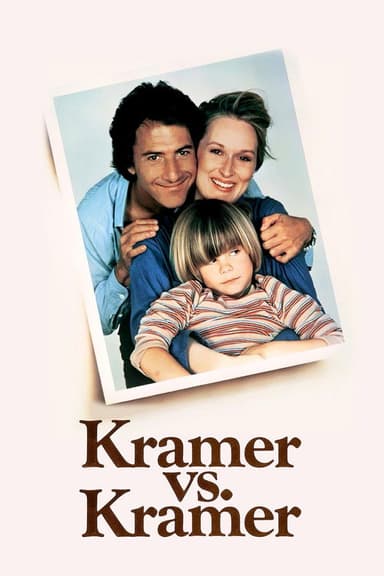
Oh, God!
1977 • Comedy, Fantasy • PG
When God appears to an assistant grocery manager as a good natured old man, the Almighty selects him as his messenger for the modern world.
Runtime: 1h 38m
Why you should read the novel
Reading Avery Corman's "Oh, God!" offers a far richer and more nuanced exploration of faith, doubt, and humanity than the movie adaptation. The novel allows readers to witness the internal debates and emotional struggles of the protagonist, Jerry Landers, in ways that film cannot fully portray. Through eloquent prose and deep character development, Corman challenges readers to reflect on spiritual and philosophical questions that linger long after the last page.
While the movie depends on visual gags and comedic timing, the book invites readers to pause and consider the poignancy of each encounter Jerry has with God. The narrative delves into his fears, relationships, and personal dilemmas, offering a more intimate perspective that stimulates empathy and introspection. The authenticity and subtlety of Corman's writing ensure that the humor doesn't overshadow the story's human elements.
Choosing the book over the film immerses you in a world where skepticism and belief are examined with intelligence and warmth. Corman's storytelling fosters a deeper understanding of the novel's themes, making it a rewarding and thought-provoking read for anyone interested in the coexistence of doubt and faith.
Adaptation differences
One major difference between Avery Corman's novel and the film adaptation is the characterization of God. In the book, God's personality and mannerisms are more ambiguous and understated, creating a mysterious aura that leaves much open to interpretation. The film, by contrast, presents God as a distinctly humorous and approachable old man, played by George Burns, making divine encounters more straightforward and comedic.
The pacing and structure diverge significantly between the two. Corman's novel spends ample time delving into Jerry's introspection, the skepticism he faces, and the philosophical implications of his experiences. The film condenses much of this internal journey, opting instead for brisk dialogue and rapid plot development to maintain comedic momentum.
Another distinction lies in the supporting characters and their relationships with Jerry. The book offers a deeper look at Jerry's family, friends, and those he interacts with during his crisis, painting a more comprehensive portrait of how his claims disrupt their lives. The movie streamlines or briefly touches on these relationships, focusing more on the interaction between Jerry and God.
Lastly, the book’s tone reaches for thoughtfulness and subtle exploration of faith, skepticism, and society’s response to the extraordinary. The film's script, however, favors light-hearted, sometimes slapstick humor, which can dilute the book's more profound observations. This tonal shift makes the film more accessible as a comedy, but it leaves out much of the reflective depth found in Corman's original work.
Oh, God! inspired from
Oh, God!
by Avery Corman





